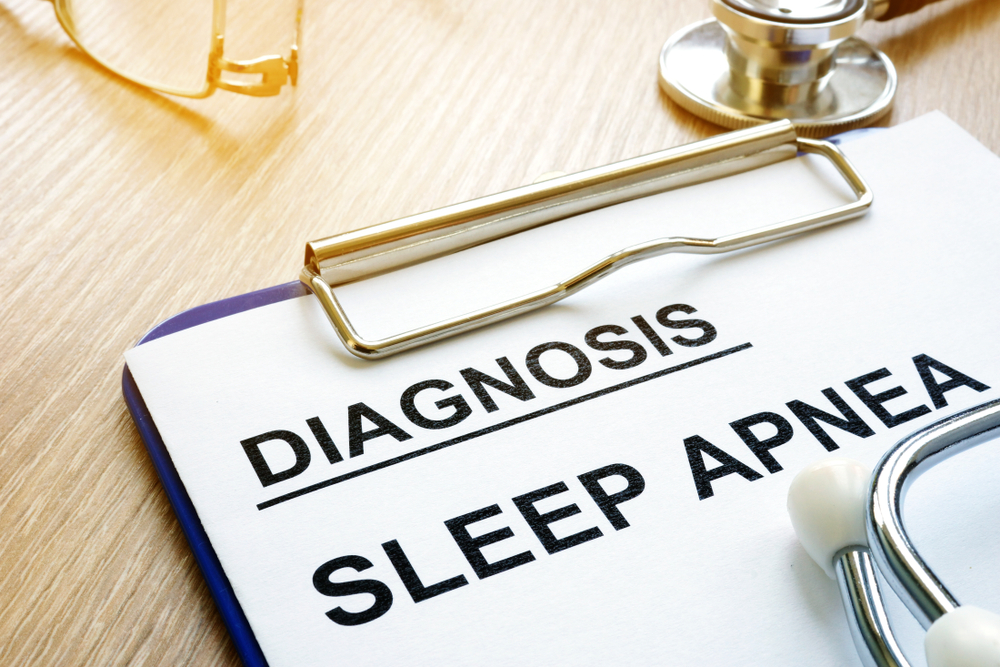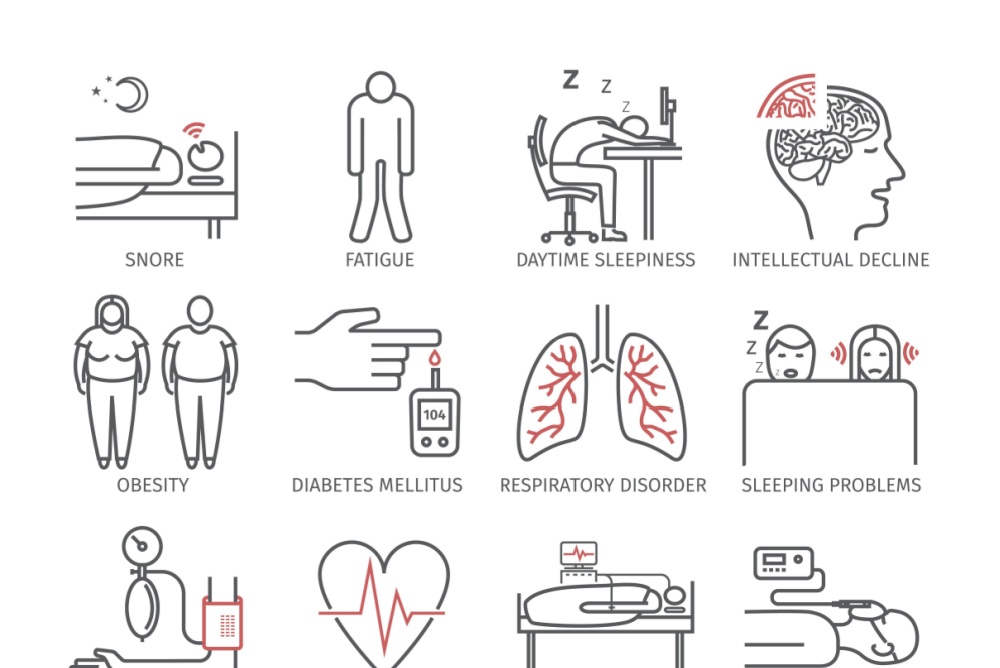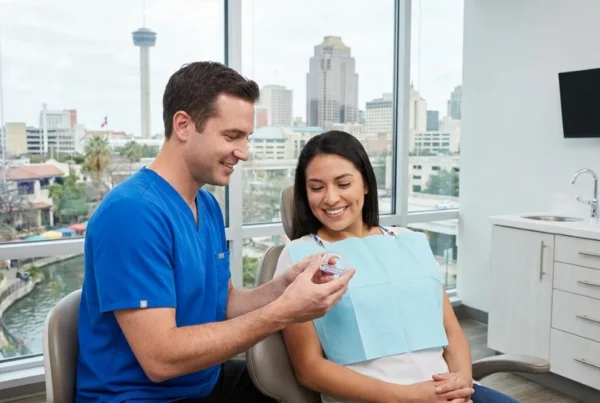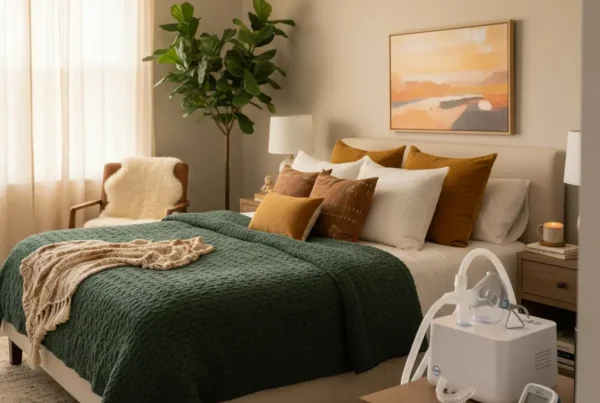Understanding sleep apnea symptoms can be difficult! Feeling constantly tired in the morning? Relying heavily on coffee to stay awake? Or maybe you’re falling asleep almost instantly at night? It’s easy to dismiss these symptoms as mere exhaustion or the effects of aging. However, they could be indicators of a more severe condition—adult sleep apnea.
Sleep apnea disrupts your breathing pattern throughout the night, causing you to stop and start breathing repeatedly, often without any recollection. This can lead to waking up multiple times, though you might not recall doing so. Such disturbances significantly degrade your sleep quality, leaving you lethargic all day. If ignored, sleep apnea can have profound impacts on your overall health.
Symptoms of Adult Sleep Apnea
Excessive Daytime Sleepiness
Struggling to stay awake during the day, even if you spent enough hours in bed? Finding yourself dozing off while reading, watching TV, or even driving? This level of daytime fatigue is a telltale sign of sleep apnea.
The constant interruptions in your breathing during the night can severely deprive you of rest, leading to overwhelming sleepiness and fatigue. If you find yourself depending on naps, caffeine, or energy drinks to make it through your day, take note. Consider using the Epworth Sleepiness Scale, a brief questionnaire that assesses daytime sleepiness, and discuss the results with your doctor.
Morning Headaches
Regularly waking up with a headache or feeling out of sorts? Repeated drops in oxygen levels overnight can disrupt blood flow to your brain, resulting in morning headaches or persistent grogginess.
Monitor how you feel when you wake up after a supposedly good night’s sleep. Persistent morning headaches could be pointing towards sleep apnea.
Irritability and Mood Changes
Lack of quality sleep can significantly impact your mental and emotional health. Many adults with undiagnosed sleep apnea report feelings of irritability, anxiety, and even depression.
Interrupted sleep prevents your brain from completing the essential cycles needed for emotional recharge, while low oxygen levels can alter brain chemistry, influencing your mood. If you’re experiencing unexplained changes in your emotions, such as increased impatience, sadness, or loneliness, it might be due to sleep apnea affecting your mental health. It’s important to discuss these changes with your doctor to explore possible causes.
Nocturia and Frequent Nighttime Urination
Nocturia, or excessive nighttime urination, becomes more noticeable with age. However, if it’s a regular occurrence, it might signal sleep apnea.
The reason behind this involves sleep apnea-induced drops in oxygen levels, which prompt your body to release natriuretic peptides that increase urine production. Additionally, disrupted sleep heightens your awareness of the need to urinate. Tracking the frequency of these nighttime interruptions and discussing them with your doctor could help identify if sleep apnea is the cause.
Decreased Libido and Impotence
Erectile dysfunction is prevalent among men over 40, but a sudden onset could be linked to sleep disorders like sleep apnea. Research indicates that a significant percentage of men with erectile dysfunction also suffer from sleep apnea. The lack of oxygen and fragmented sleeping patterns disrupt hormone regulation, complicating sexual performance.
Significant changes in libido or erectile function should be openly discussed with your doctor. These symptoms can signal underlying health issues affecting your sleep.
Dry Mouth and Sore Throat in the Morning
Waking up with a dry mouth and sore throat, often referred to as “cotton mouth,” is another potential indicator of sleep apnea. As you struggle to breathe due to an obstructed airway, you may sleep with your mouth open, which dries out the mouth and throat.
Furthermore, the effort to breathe against a blocked airway can strain your throat muscles, leading to soreness upon waking. If you consistently notice these symptoms in the mornings, it’s important to mention them to your doctor, as they could point to a breathing disorder like sleep apnea.
Abnormal Sweating at Night
Waking up drenched in sweat might be a sign of sleep apnea. This reaction is due to adrenaline released when your body struggles with low oxygen levels during sleep. These hormonal changes disrupt how your body regulates temperature, leading to night sweats. Noting any excessive sweating at night is crucial, as it’s a subtle yet significant symptom of sleep apnea that merits a discussion with your healthcare provider.
High Blood Pressure
Research links sleep apnea to a heightened risk of developing high blood pressure. Each episode where breathing stops increases stress on your cardiovascular system, causing both immediate spikes in blood pressure and long-term issues like hypertension. This condition elevates the risk for more severe health events such as heart attacks and strokes. If your high blood pressure remains uncontrolled despite treatment, consider discussing the possibility of sleep apnea with your doctor.
Gasping or Choking While Sleeping
Experiencing sudden gasps or choking during sleep can be a direct effect of sleep apnea. Often, this alarming symptom prompts individuals to seek medical help. If you or someone notices these episodes where it seems like you’re gasping or choking in your sleep, it’s crucial to consult a doctor immediately. These signs typically worsen as sleep apnea progresses and are serious enough to warrant quick action to diagnose and treat the condition. Taking a sleep apnea quiz can also help determine your risk level.
Other Common Signs of Sleep Apnea
Sleep apnea manifests in various ways, impacting daily life and overall health. These signs are often overlooked or misattributed to other causes:
- Mouth breathing, both during the day and at night
- Bedwetting and frequent nightmares
- Symptoms commonly associated with ADD/ADHD
- Teeth grinding, also known as bruxism
- Crowded or misaligned teeth
- Audible snoring or noisy breathing during sleep
- Chronic allergies and asthma
- Persistent dark circles under the eyes
- Exhibiting aggression or irritability
- Difficulty concentrating, affecting school or work performance
- Feelings of depression
Recognizing these symptoms early is crucial. If any of these resonate with you, consider undergoing a sleep apnea test. Early diagnosis can lead to effective treatment, offering significant relief and promoting recovery from the disruptive effects of sleep apnea.
Act Now for Better Sleep!
At Fountain of Youth Dental, we understand you want to wake up feeling energized and ready to take on the day.
To achieve this, you need restful, uninterrupted sleep—something that’s hard to come by if you suffer from sleep apnea. This condition disrupts your sleep with frequent snoring and gasping, cutting off your airflow and leaving you exhausted upon waking, regardless of the hours spent in bed.
Here’s our approach to tackling sleep apnea effectively:
- Thorough Evaluation: We start by examining your complete sleep history and symptoms to understand your specific needs.
- Personalized Treatment: We provide customized solutions that may include oral appliances, breathing exercises, and advanced CPAP alternatives, tailored to restore your peaceful nights.
- Ongoing Support: We guide you through every step towards achieving clear airways and rejuvenating sleep, ensuring you wake up refreshed each morning.
Schedule a consultation today with Dr. Chris Cappetta, a dental sleep medicine expert, and take the first step towards reclaiming your nights and energized mornings.
While you wait for your appointment, visit our website for more information on how sleep apnea symptoms could be impacting your life.
Book your FREE consultation today!
Fountain of Youth Dental
Proudly serving San Antonio Tx.
Find out why everyone is talking about Fountain of Youth Dental and Dr. Chris Cappetta. Come in and see the great dental care we offer!
Contact Us
Phone:
2210-614-5481 (office)
Address:
5282 Medical Dr. #520
San Antonio, TX 78229








